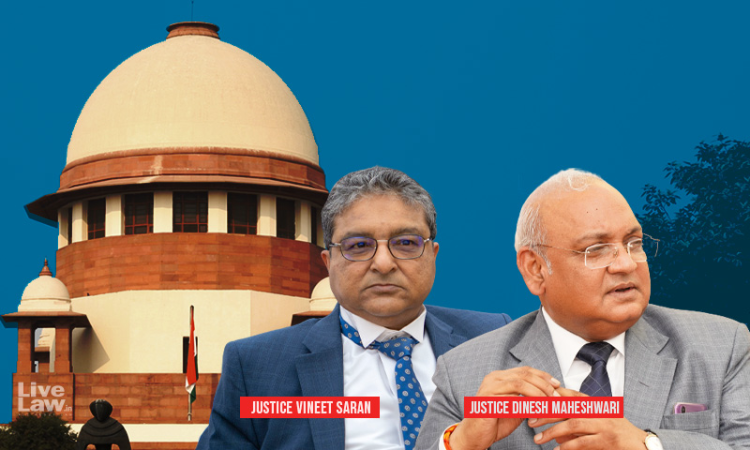Can Courts Enter Executive Arena With Suggestions On Pandemic Management? Supreme Court To Examine
Radhika Roy
14 July 2021 3:43 PM IST

"Collective efforts are needed during times of crisis, but good intent itself does not give everybody a right to enter into a different arena”, the Court orally said.
Next Story


